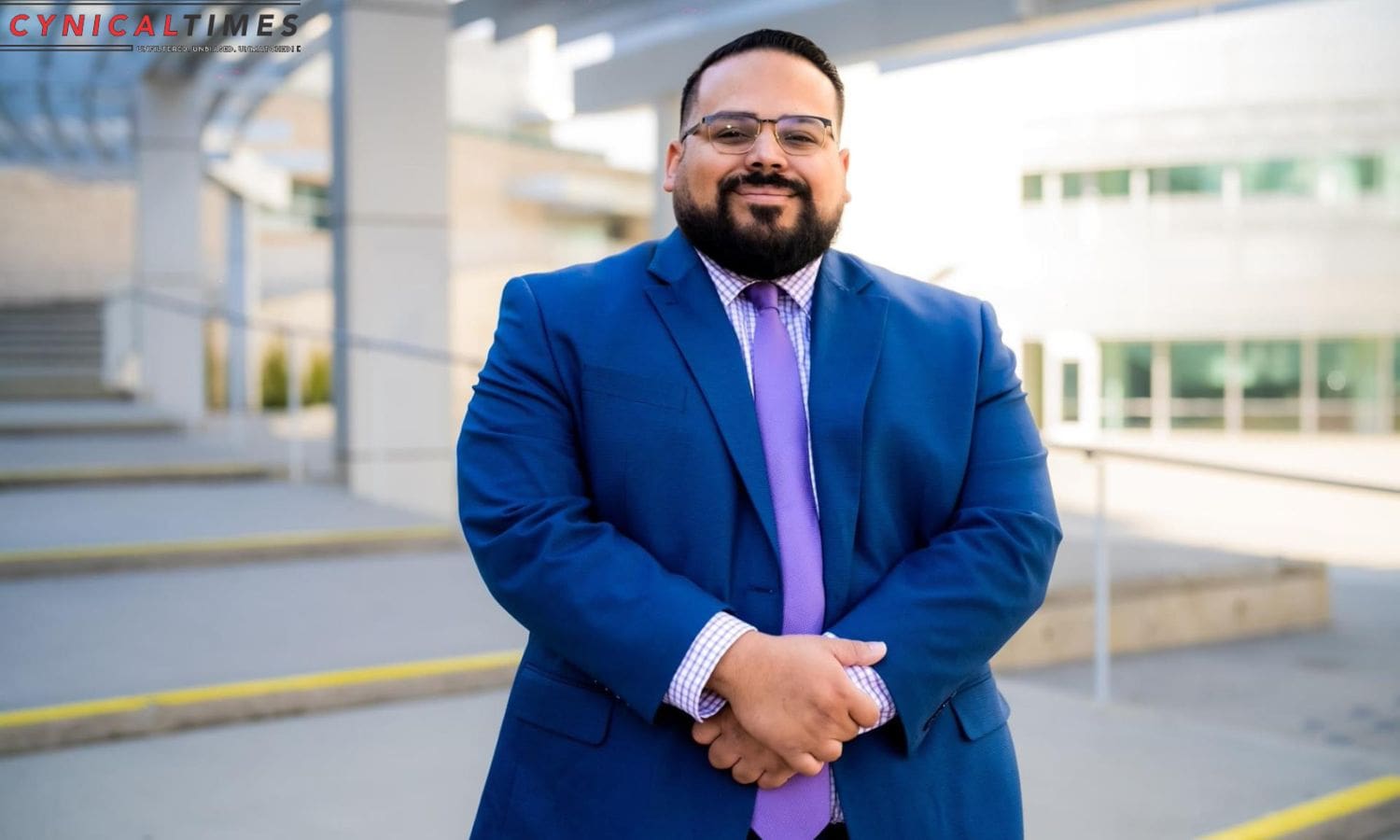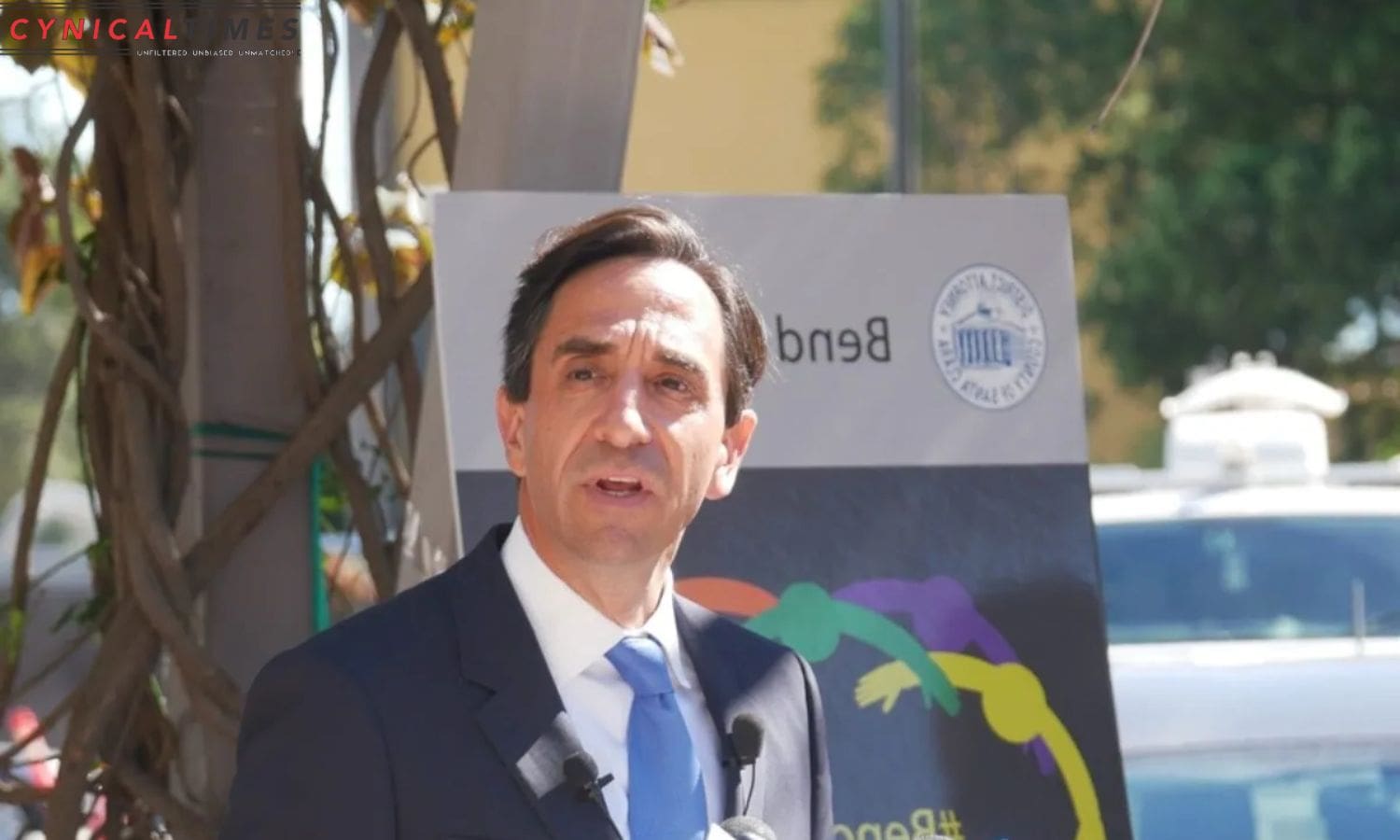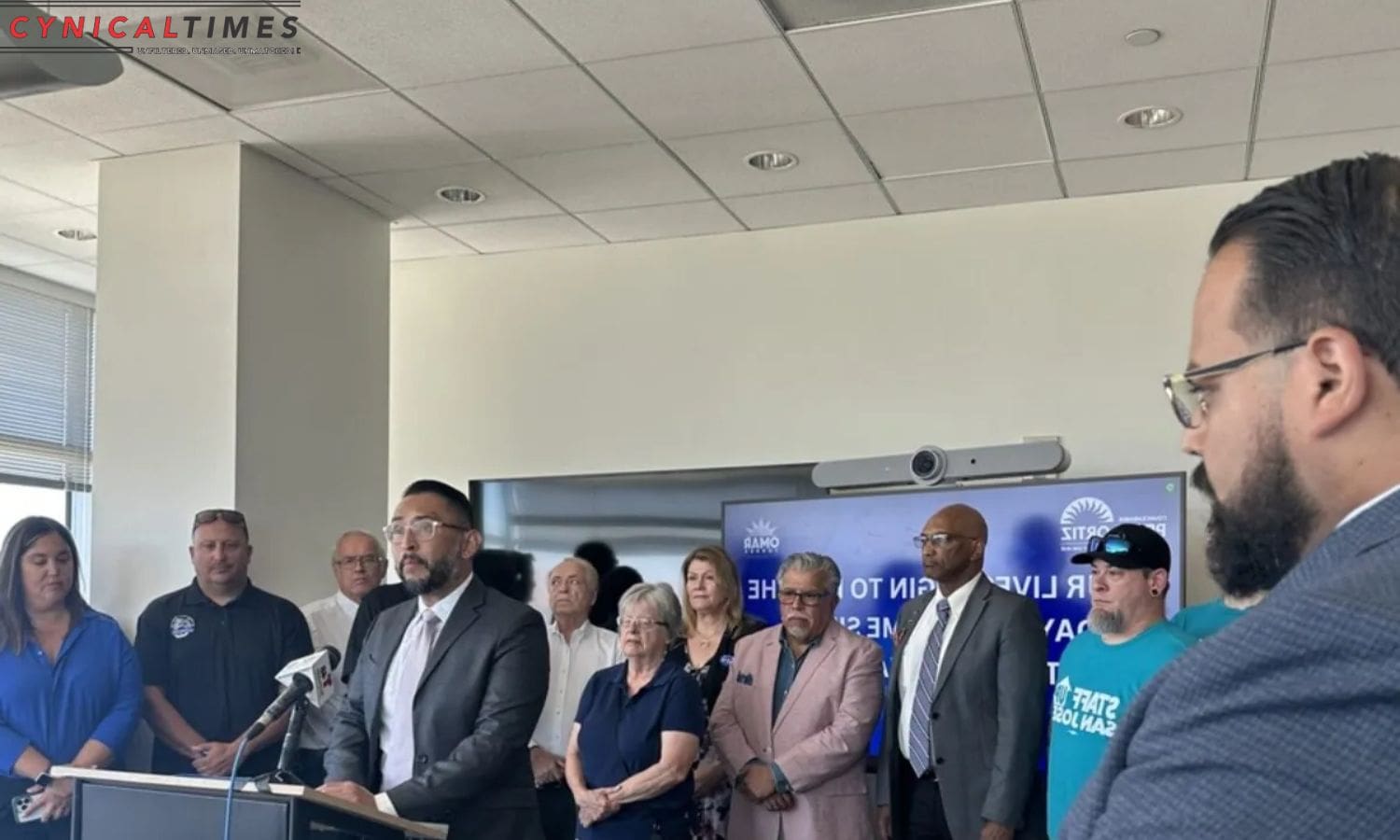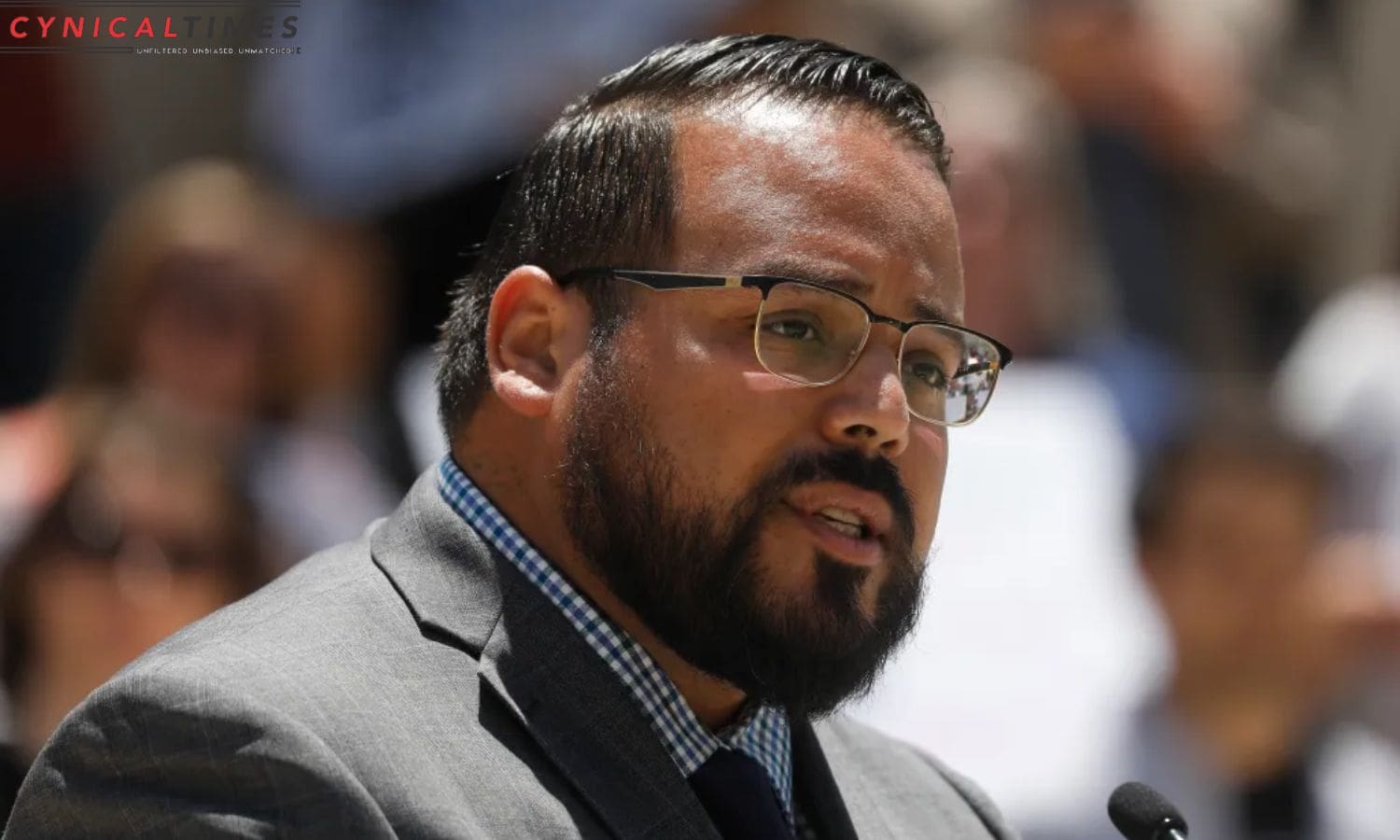San Jose Council Member Takes Legal Action: San Jose Council Member seeks legal recourse by filing a restraining order against the owner of an Instagram page. This move raises important questions about the balance between freedom of speech and the limits of online expression.
The restraining order is aimed at addressing alleged controversial posts and allegations. The details of the restraining order and the contentious content in question will be explored in this article.
The filing of the restraining order has potential implications for both the parties involved and the wider community. It raises questions about the boundaries of online expression and the consequences of using legal means to address online disputes.
Key Takeaways Of San Jose Council Member Takes Legal Action
- San Jose City Council Member Peter Ortiz has filed a restraining order against Instagram page owner Robert Saenz due to concerns about the harmful and potentially dangerous content on Saenz’s page.
- The restraining order prohibits Saenz from contacting or harassing Ortiz, as well as from publishing defamatory or false information about him.
- Saenz’s Instagram page, ‘ESSJ Times,’ has been criticized for its hateful messages, false accusations, and promotion of discrimination, raising concerns within the community.
- The legal action raises questions about the limits of free speech, the responsibility of individuals on social media, and the implications for public figures seeking legal recourse against online harassment and defamation.


Also Read: Clipper START Program: Affordable Transit for Bay Area Residents
Introduction and Background:
The introduction and background of the situation involving San Jose City Council Member Peter Ortiz and Instagram page owner Robert Saenz can be summarized as follows.
Ortiz has expressed concerns regarding safety and the alleged impact of Saenz’s posts on social media. Saenz, the owner of an Instagram page, has been posting content that Ortiz believes is harmful and potentially dangerous to the community.
Ortiz believes that Saenz’s posts are inciting violence and spreading false information. In response to this, Ortiz has decided to take legal action by filing a restraining order against Saenz. The restraining order aims to restrict Saenz’s ability to continue posting content that Ortiz deems harmful.
This situation has sparked a debate regarding freedom of speech and the responsibility of individuals to consider the potential consequences of their social media posts.
Restraining Order Details
A detailed account of the terms and limitations outlined in the restraining order obtained by San Jose Council Member Peter Ortiz against Instagram page owner Robert Saenz:
- Prohibited actions: The restraining order prohibits Robert Saenz from contacting, harassing, or stalking Peter Ortiz in any way, including through social media platforms. Saenz is also prohibited from publishing or sharing any defamatory or false information about Ortiz.
- Duration: The restraining order is in effect for a specified period, typically one to three years, during which Saenz must maintain a minimum distance from Ortiz, both physically and digitally.
- Consequences of violation: If Saenz violates the terms of the restraining order, he may face legal consequences, including fines and possible imprisonment. Ortiz can also seek further legal action to enforce the restraining order and protect his safety and reputation.


Controversial Posts and Allegations
Controversial posts and allegations on the ‘ESSJ Times’ Instagram page have drawn attention due to their hateful messages towards the LGBTQ community and false accusations of child grooming.
The Instagram page, owned by an unknown individual, has been disseminating content that promotes discrimination and spreads harmful misinformation. The posts have been described as containing derogatory language and promoting a culture of intolerance.
Additionally, the page has made baseless claims of child grooming, falsely accusing individuals without any evidence to support these allegations. These controversial posts and allegations have sparked outrage and concern within the community, prompting San Jose Council Member Saenz to take legal action.
Saenz’s decision to seek a restraining order against the Instagram page owner reflects the seriousness of the situation and the community’s commitment to combating hate speech and false accusations.
Legal and First Amendment Issues:
Saenz’s defense invokes his First Amendment rights and freedom of the press, frequently asserting the legality of his controversial Instagram page. However, legal and First Amendment issues have come into play regarding the content and actions of the Instagram page owner.
Here are three key points to consider:
- Freedom of Speech: The First Amendment protects individuals’ rights to express their opinions freely. However, there are limitations, such as defamation, incitement to violence, or invasion of privacy. The question arises whether Saenz’s Instagram page crosses these boundaries.
- Public Figure vs. Private Citizen: Public figures, such as council members, may face a higher threshold for defamation claims due to the Sullivan rule. However, if Saenz’s Instagram posts involve private citizens and contain false information, it could potentially lead to legal consequences.
- Harassment and Safety Concerns: Ortiz’s decision to seek a restraining order suggests that he feels threatened or harassed by Saenz’s actions. The court will need to assess whether the content on the Instagram page constitutes harassment or poses a legitimate safety concern.
As the legal process unfolds, it will be interesting to see how the court navigates the delicate balance between First Amendment rights and potential legal liabilities.
Implications and Future Developments:
The implications and future developments of the San Jose council member’s legal action revolve around the potential ramifications for online discourse and the obligations of public figures.
This case raises important questions about the limits of free speech in the digital age and the responsibility of public officials to protect their reputation and privacy.
If the court grants the restraining order, it could set a precedent for public figures to seek legal recourse against online harassment and defamation.
On the other hand, denying the restraining order could signal a commitment to protecting freedom of expression even in the face of criticism.
Regardless of the court’s decision, this case will likely have far-reaching consequences for the way public figures navigate the online sphere and how social media platforms handle controversial content involving public figures.


Conclusion Of San Jose Council Member Takes Legal Action
The San Jose council member has taken legal action by obtaining a restraining order against the owner of an Instagram page.
The article discusses the details of the restraining order, controversial posts, allegations made, as well as legal and First Amendment issues.
The implications and future developments of this case remain uncertain.

